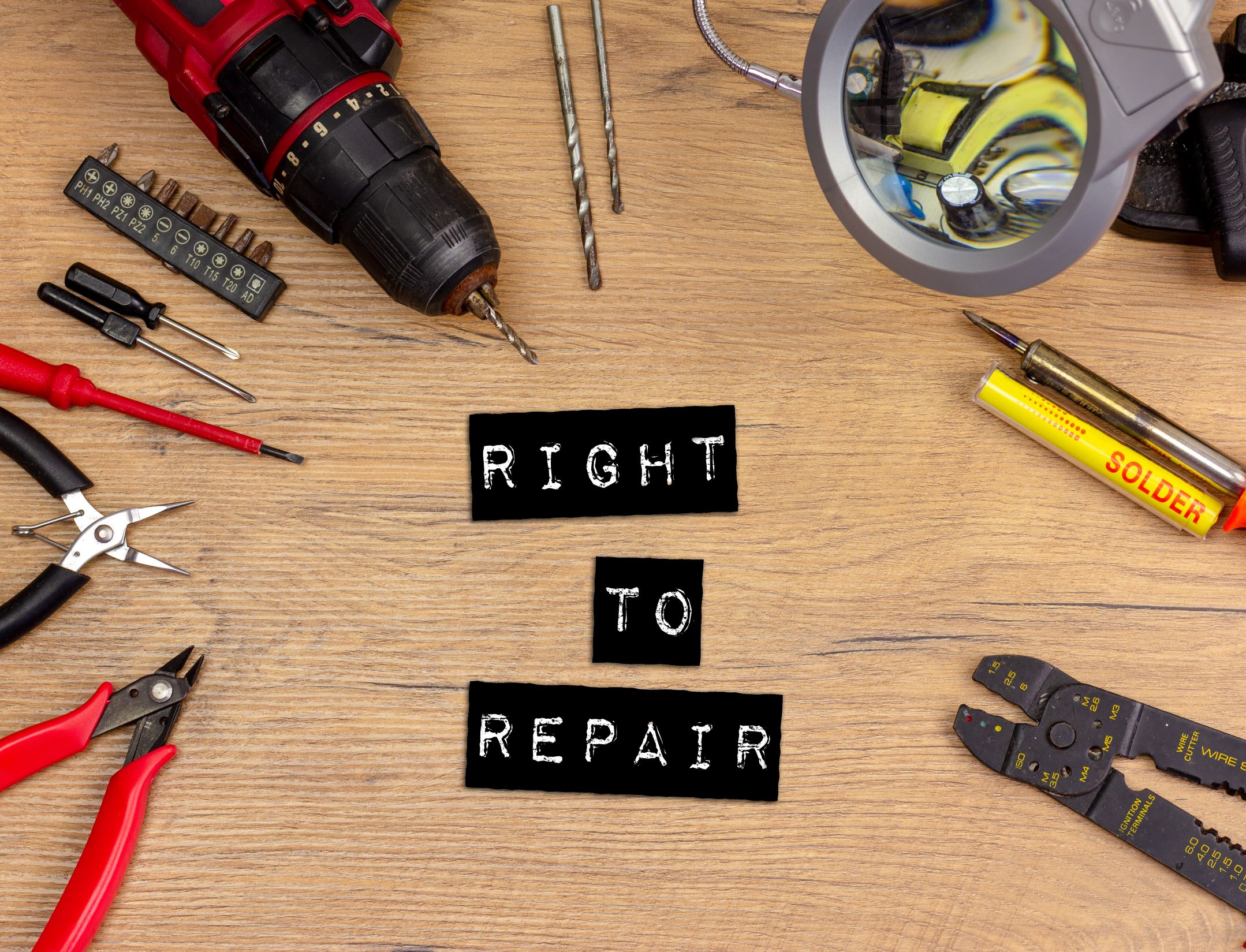
By Lurah Lowery on June 19, 2025
Collision Repair | Legal
Share This:
FacebookTwitterLinkedInPinterestEmailShare
The Maine Joint Committee on Housing and Economic Development’s majority report to amend the state’s Data Law, also referred to as the automotive right to repair law, has been approved by the legislature and is headed to Gov. Janet Mills for signature.
In May, one bill, LD 1228 — “An Act to Clarify Certain Terms in the Automotive Right to Repair Laws,” moved forward out of a package of five introduced this session to amend the new law, which was passed by referendum in 2023.
On Tuesday, LD 1228 passed the House 135-12 and the Senate 21-14.
Effective Jan. 5, 2025, all automakers were obligated to provide access to vehicle data via a standardized and owner-authorized platform.
The majority report would amend the law to add a definitions section, eliminate the previously proposed “independent entity,” and use telematics language that largely mirrors proposals in the federal Safety as First Emphasis (SAFE) Repair Act championed by automakers and repairers.
LD 1228 establishes the Motor Vehicle Right to Repair Commission, which the report states, “is charged with, among other things, monitoring and assessing implementation of and manufacturers’ compliance with the requirements of that law.”
The language of the law would make clarifying changes regarding required equipment, access to diagnostic and repair functions, and enforcement, according to the majority report.
Bill sponsor Rep. Tiffany Roberts (D-District 149) told the House Tuesday that the changes put Maine back in line with federal law, agency standards, and common sense.
“This bill and the amendment before you represent not a betrayal of voter intent, but the work of this legislature; taking our responsibility seriously when implementation proves broken, unclear, or legally flawed,” she said. “This bill is the product of two years of legislative oversight, public input, technical review, and multi-stakeholder analysis because while slogans win elections, they don’t make good law. That is our job.
“Some have accused this legislature of overturning the will of the people. However, let’s remember that the people were presented with a black or white question on a 700-word ballot summary. They weren’t informed that the law would compel manufacturers to violate federal safety standards. They weren’t told the enforcement mechanism didn’t exist. They weren’t told the same law had never been implemented successfully in Massachusetts. They were sold a message.”
Roberts noted that the referendum language was nearly verbatim to an approved 2020 Massachusetts referendum that had been “locked in litigation” since then.
“Automakers there had already responded in Massachusetts by disabling their telematics systems entirely to avoid legal and regulatory risk,” she said.
In opposition to LD 1228, Rep. John M. Eder (R-District 136) said he wanted to support the will of the voters, even when he disagrees, noting 84% of Mainers voted for the referendum.
“The Attorney General’s Office put together a working group to address any inconsistencies in the language of the referendum,” he said. “They met for five months, and they produced a unanimous report from all the interested parties. That report makes up the minority report. Unfortunately, the majority report goes much further than these unanimous recommendations and makes changes that were not agreed upon by the stakeholders. So, if you’re like me and you support the will of the voters and respect the sanctity of the referendum, you will join me in voting against.”
While supporting the bill, Rep. Marc Malon II (D-District 133) said he believes the topic of the bill has been “incredibly well-lobbied” over the past couple of years by both sides and ignored consumers.
“I have nothing against the lobbyists working this bill; they’re doing their jobs,” he said. “But they were representing two sides of a coin and ignoring two sides of an issue, and ignoring, I think, a voice that is too often left out of these debates, which is the voice of the consumers. You had lobbyists for the automakers who didn’t support what the voters passed and wanted to continue their monopolistic practices. You had lobbyists on the side of the aftermarket parts industry, a multi-billion dollar industry, who wanted to get their pieces of the pie.
“Eighty-four percent of Mainers supported right to repair. I support their will. This majority report enables us to implement their will, and what the voters of Maine want is to be able to get their car repaired wherever the heck they well please and to support the small independent shops in the process.”
Rep. Amanda Collamore (R-District 68) called LD 1228 “a thoughtful bipartisan effort to ensure that we fix the errors and the automotive right to repair law passed in 2023.”
“This is not the first time, Mr. Speaker, nor will it be the last time that the legislature is required to fix language that has come from citizens’ initiatives,” she said. “While I fully support the citizens’ right to exercise their constitutional right to complete the citizens’ initiative process, it has flaws. For example, unlike the legislative process, the citizens’ initiative process does not go through language reviews and tweaks needed to ensure that the language is sound and enforceable. LD 1228 is an effort to fix the language in the law to make it work for Maine people and protect their data.
“The minority report is in the majority report. The two biggest differences are that the majority report includes definitions that were missing from the citizens’ initiative to ensure that our law is clear and not ambiguous, which is never good in law. It also adds an enforcement section to make it clear that the AG can enforce what the people voted for. Those are the only two differences.”
Images
Featured image: Rep. Tiffany Roberts speaks during a session of the Maine House of Representatives on June 17, 2025. (Video screenshot)



